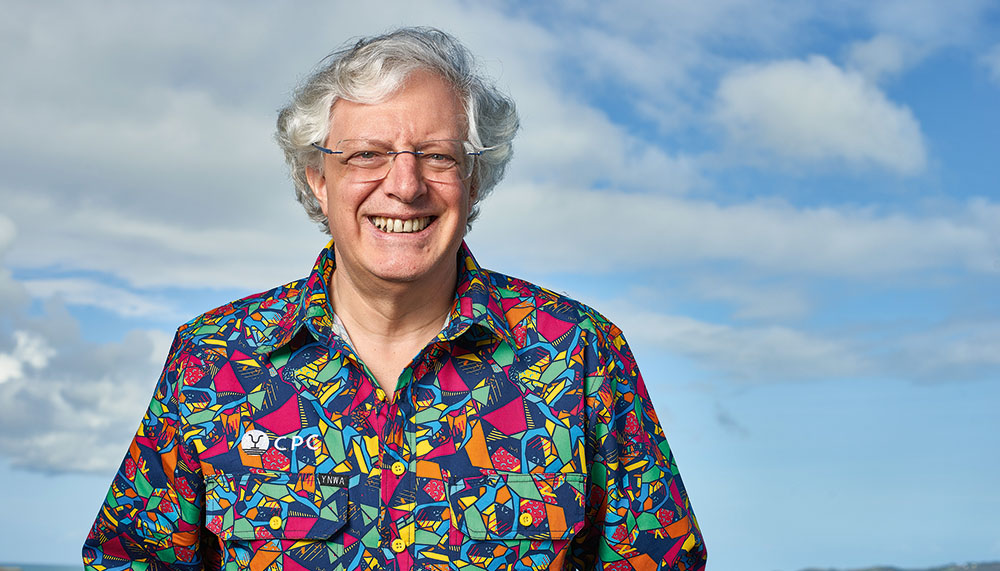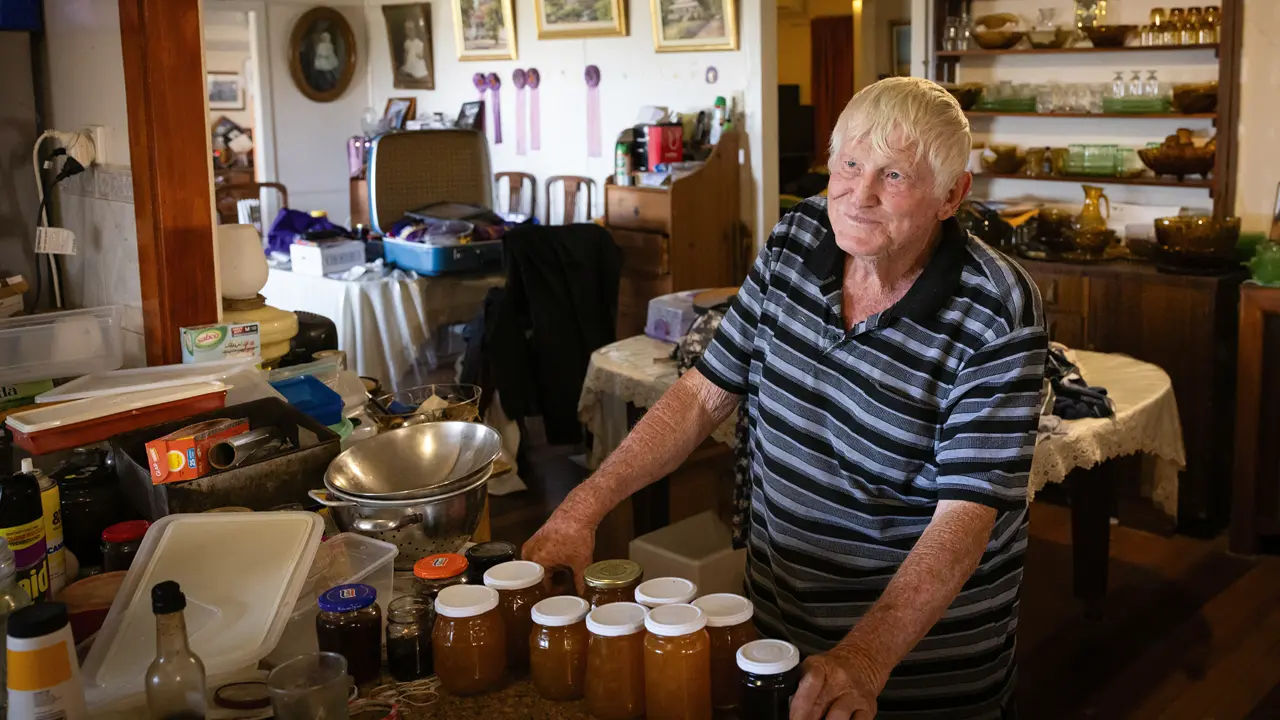From the CEO and owner down to each fresh ringer on a station, everyone at CPC is involved in an extensive program to look after their own, and each other’s, mental health.
Story Ken Eastwood Photo courtesy of CPC
On Isis Downs, 90km west of Blackall in central-western Queensland, station manager Andrew Cochrane and his wife Anna knew something had to be done. It was the end of a scorching summer in 2018. “We were in the middle of a drought and people were pulling cattle out of boggy dams on a daily basis, or euthanising them,” Anna says. “A lot of younger staff here come from metropolitan areas. They weren’t used to the daily trauma, or just the effect on your wellbeing.” And so, Anna and Andrew began running a mental health and wellness program to help their 13 full-time staff and contractors cope.
Four years on, CPC – the company that runs Isis Downs and seven other properties totalling 36,000sq km – has an industry-leading mental-health program that covers everyone from board members to bore runners. “It’s a high-risk industry,” Anna says. “They might not need it now or this year, but it’s a life skill that they might need at some point. A significant learning is around teaching our staff how to ask questions – to be quite up front. ‘Are you okay at the moment’, or ‘You’re sad this afternoon; is there something I can help you with?’ We put up questions on the noticeboard to start conversations. Then, giving them training as a team, we create this common language and it becomes acceptable to ask those questions.”
Whereas in the past, an attitude on stations may be to “just toughen up, buttercup”, Anna says the series of workshops and change in culture have helped with many of the issues people on stations are facing. “They might have been deeply impacted by a divorce, or for a lot of our first-years it’s their first time living away from their parents and their friends, and they don’t get to use their phones all day to stay connected,” she says. “We’ve had people go through severe break-ups and we’ve been very worried about them. In the past 12 months we’ve had a young male not being able to cope. He had days of silence, or wouldn’t get out of his room.” Eventually they helped him receive medical care.
CPC CEO Troy Setter says by looking after people, you also look after the bottom line, with mental illness estimated to cost the Australian economy $60 billion a year. “This is actually a big social and economic problem and we can’t just keep ignoring it,” he says. If people are struggling with their mental health, they won’t be performing as well as they could be, or will be less focused on fixing the business’s problems because they are dealing with their own. “A good example is one of our senior managers was underperforming – not getting the job done. In the past you’d say, ‘Mate, you’ve had your chances, you’re gone’, but instead we had two meetings with him to see whether he was okay.”
Initially, the manager said he was fine, but eventually admitted that he was struggling with his children at home, and then the team could help look for solutions for him. As a young jackaroo, Troy was “yelled and screamed at” by some bosses who were drunk every night and treated their partners appallingly. “Years down the track, you wonder if they were struggling with mental health issues,” he says. “Some of it’s always there and it’s been hidden by alcohol and aggressive behaviour, and men, in particular, just getting on with the job.”
Now Troy says the culture of the company and the bush generally is changing, with three staff sacked for bullying in Troy’s seven years at CPC. “We’re a lot more aware of our impact on each other,” he says. “We will call out bullying. There’s still some rough-and-tumble in the bush and in station life, but absolutely it has changed.”
This story excerpt is from Issue #141
Outback Magazine: February/March 2022










